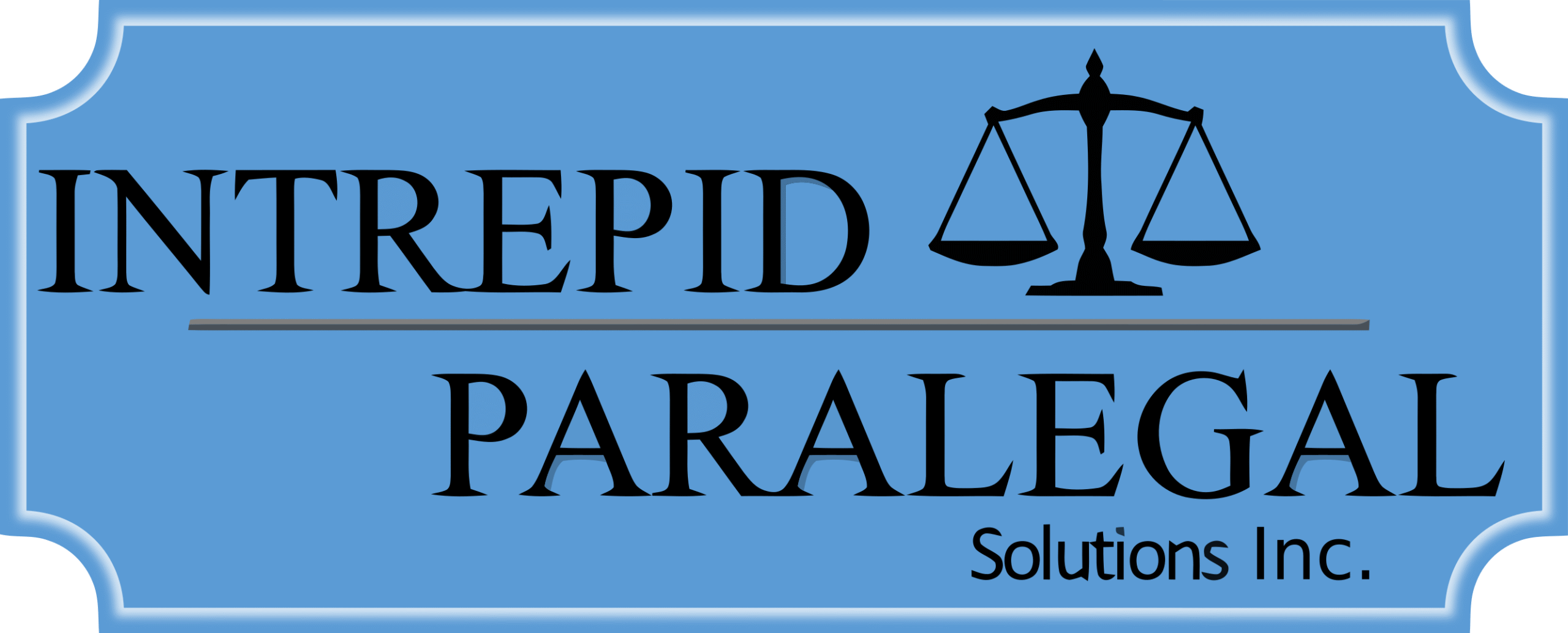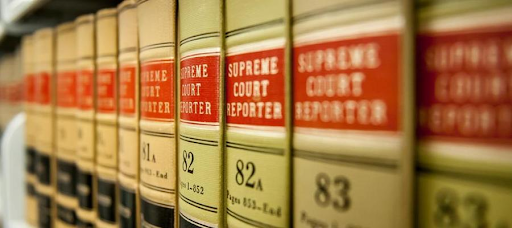Legal precedents play a crucial role in shaping the law by establishing benchmarks for future cases. The Maryland paralegal case, led by Intrepid Paralegal Solutions, has the potential to become a landmark precedent in the legal profession.
Understanding Legal Precedents
Legal precedents, also known as stare decisis, are past judicial decisions that serve as a rule for future cases with similar circumstances. They form the backbone of common law systems, promoting stability, consistency, and fairness by ensuring that similar cases are treated alike. The concept of precedent helps to maintain a coherent legal system where courts follow previously established rulings unless there is a compelling reason to overturn them.
One of the most notable examples is Brown v. Board of Education (1954), where the U.S. Supreme Court declared state laws establishing separate public schools for black and white students to be unconstitutional. This landmark decision overturned the earlier precedent set by Plessy v. Ferguson (1896), which had upheld racial segregation under the “separate but equal” doctrine. The Brown case not only transformed the American education system but also catalyzed the civil rights movement, illustrating how legal precedents can drive social change and influence public policy.
The Role of Precedents in the Judicial System
Precedents ensure predictability in legal proceedings, allowing individuals and entities to anticipate the legal consequences of their actions. They also streamline the judicial process by providing a framework for judges to follow, thus reducing the time and resources needed to decide cases. In addition, precedents contribute to the legitimacy of the judiciary by demonstrating that decisions are based on established principles rather than arbitrary judgment.
The Maryland Paralegal Case: A Detailed Look
The case brought forward by Intrepid Paralegal Solutions against the Maryland Attorney General seeks to redefine the professional scope and recognition of paralegals. This legal battle underscores the growing need for clear and consistent standards within the paralegal profession. The plaintiffs argue that the current enforcement of Unauthorized Practice of Law (UPL) statutes unfairly targets paralegals who provide legal information, thereby violating their constitutional rights.
Key Legal Foundations
- 42 U.S.C. § 1983: This civil rights statute allows individuals to sue state officials for violations of constitutional rights. The case asserts that Maryland’s application of UPL statutes to paralegals infringes on their rights under this provision.
- First Amendment: The lawsuit highlights that paralegals, in their role of providing legal information, are engaging in protected speech. It argues that restricting this activity is a violation of their First Amendment rights.
Additional Legal Protections
The case also touches on due process under the Fifth and Fourteenth Amendments, arguing that paralegals are entitled to fair treatment and clear legal standards. Additionally, the Fifth Amendment’s protection against self-incrimination is invoked to ensure that paralegals can perform their duties without fear of legal repercussions.
Potential Precedent-Setting Aspects
If successful, the Maryland paralegal case could significantly impact the legal profession by setting a new precedent for the recognition and regulation of paralegals. This could lead to:
- Redefining Professional Status: The case could establish paralegals as recognized legal professionals with specific rights and responsibilities, similar to how other professions have been redefined through legal precedents.
- Establishing Regulatory Standards: A ruling in favor of Intrepid Paralegal Solutions could pave the way for the creation of a regulatory body to oversee the paralegal profession, ensuring ethical standards and professional accountability.
- Broader Impact on Non-Attorney Roles: The implications of this case could extend beyond paralegals, influencing other non-attorney legal roles by setting a standard for their recognition and regulation. This could lead to a more structured and professionalized legal support workforce, enhancing the overall quality and efficiency of legal services.
Lessons from Historical Legal Precedents
Historical legal cases have played a transformative role in redefining professional standards across various fields. For instance, the case of Nightingale v. Royal Commission on Nursing in the mid-20th century was pivotal in professionalizing nursing. Florence Nightingale’s advocacy led to the establishment of standards for nursing education and practice, fundamentally changing the profession from untrained caretakers to highly skilled healthcare providers.
Similarly, the Lemon v. Kurtzman case in 1971 reshaped the educational landscape in the United States. Although primarily known for its impact on the separation of church and state, this case also emphasized the importance of professional standards in education. It indirectly influenced the development of credentialing systems and professional development requirements for teachers, ensuring that educators were adequately trained and qualified to provide quality education.
These historical precedents underscore the power of legal decisions in setting new standards and expectations within professional fields. They illustrate how legal advocacy can lead to the formal recognition and regulation of professions, elevating their status and ensuring better outcomes for both practitioners and the public they serve.
The Ripple Effect: National and State-Level Impacts
The Maryland paralegal case has the potential to inspire similar legal actions in other states, creating a ripple effect that could lead to widespread legislative and professional changes across the country. When a court sets a precedent, it establishes a legal principle that other courts may follow. If the Maryland court rules in favor of Intrepid Paralegal Solutions, it could serve as a powerful example for other states to recognize and regulate paralegals more formally.
This process can lead to the development of new laws and regulations that provide clear guidelines for the profession. For instance, states may establish certification requirements, continuing education mandates, and ethical standards for paralegals similar to those in place for attorneys and other legal professionals. Such changes would not only enhance the credibility and professionalism of paralegals but also ensure that clients receive high-quality legal support.
Understanding the potential impact of a legal precedent is crucial. It highlights the importance of advocacy and legal action in driving systemic changes that benefit entire professions. By setting a new standard, the Maryland case could catalyze a national movement towards better recognition and regulation of paralegals.
A New Dawn for Paralegal Recognition
The Maryland paralegal case is poised to become a pivotal legal precedent that could reshape the paralegal profession. By challenging current statutes and advocating for constitutional protections, this case aims to set new standards for professional recognition and regulation. Drawing lessons from historical precedents in nursing and education, the potential ripple effect could lead to significant national and state-level changes. Paralegals must stay informed, support advocacy efforts, and pursue continuous professional development to prepare for and influence these transformative changes.
Support Intrepid Paralegal Solutions in their fight for paralegal recognition and regulation. Stay updated on the latest developments, join professional organizations, and participate in advocacy efforts. Together, we can shape a better future for the paralegal profession. Visit Intrepid Paralegal Solutions to learn more and get involved.

